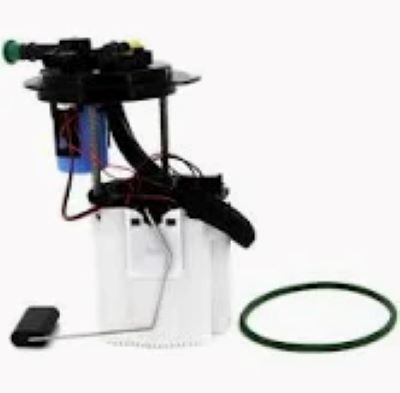Yes, it is true that a fuel pump replacement can be an urgent issue to deal with especially when symptoms show up indicating that the pump is failing or at the brink of failure. When the Fuel Pump fails, it stops sending fuel to the engine at a specific pressure of roughly 40 to 60 psi for most fuel-injected systems.. And when the pump is starting to fail, it can lead to low fuel pressure and problems like hard start, sputtering or occasional power loss under acceleration. At worst, a pump that fails can cause the entire engine to stop functioning — and that could be very dangerous if it happens while moving.
Failure to take care of the early signs of fuel pump failure can cause more problems in the engine and also entail higher repair costs. For example, low fuel pressure can lead to a lean engine running condition (not enough fuel), which increases combustion temperatures and may cause permanent damage to critical engine parts such as pistons and valves. All of which usually means repair costs that run into the thousands, far more than a $400-$800 pump replacement based on vehicle and labor rates.

Driving too much when the fuel pump malfunctions tends to run fast, and cause overheating of the pump due to a decrease in pressure mainly where there is not enough fuel again. The pump will also overheat which can quickly deplete its (typically 100,000-mile) lifespan and increase the odds of vapor lock: where fuel evaporates in the lines, gums up and halts the engine.
The first line of this post is a quote from automotive pioneer Henry Ford, in which he said: “Before everything else, getting ready is the secret of success. Acting on known fuel pump problems also guarantees the well-being of the driver as well as the health of the car. Quality replacement Fuel Pump deliver better peace of mind against unexpected breakdowns, as it helps to maintain the fuel system in proper working order and allows it to continue to operate at peak performance — contributing effectively towards long vehicle life.